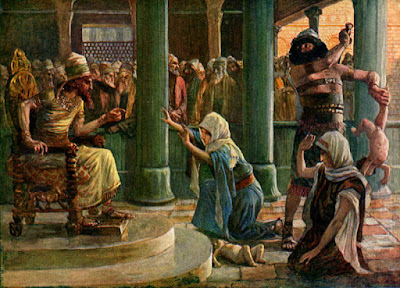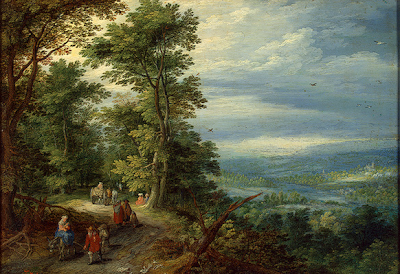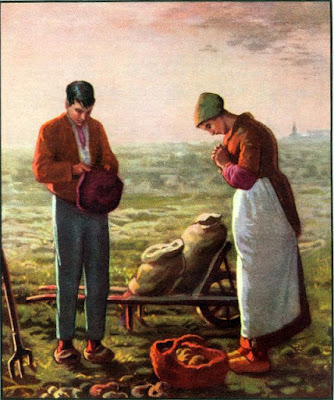TO CHEW ON: "Do not cast me off in the time of old age;
Do not forsake me when my strength fails." Psalm 71:9
The longer we live, the more famous and powerful people we see come—and go. The movers and shakers of my youth, of even 20 years ago, are either dead or vastly changed. International leaders like Maggie Thatcher and Ronald Reagan lose their minds to dementia. Beautiful people like Liz Taylor lose physical allure to aging and disease. Most sports figures are yesterday's news after age 40. If we see current photos of many of these once-prominent people, we hardly recognize their changed and wrinkled appearance. Age ravishes them like it does us all.
The writer of today's psalm, who appears to have been a prominent person himself, is feeling the vulnerabilities of aging. He is aware of his failing strength and of how he is now a sitting duck for his enemies—probably younger, more vigorous men who, he imagines, plot ways to take his life and lie in ambush poised to pounce on him.
In this time of old age trouble he reminds himself of the rock-solid God he trusts. He calls Him a "strong refuge," and a "rock and fortress" (Psalm 71:3,7). He recalls how long God has been there for him—a hope and trust from his youth, upholding him even from birth (Psalm 71:5,6).
What a reassurance to all of us who are also in the process of aging. (That's everybody, of course, but after a certain birthday it encroaches ever more tangibly.) As the embrace of old age tightens, changing appearance, threatening health, sucking stamina, eroding influence, and stealing friends, even spouses, let's let this psalm remind us that God isn't going anywhere. He hasn't changed and won't change. The One who was our rock, refuge, fortress, hope, and trust in youth and middle age can and will be those things for us in old age as well.
PRAYER: Dear God, thank You for Your unchangeableness. Help me to recall this about You in the face of how I and my generation are wearing out. Amen.
MORE: God's unchangeableness
"We can define the unchangeableness of God as follows: 'God is unchanging in his being, perfections, purposes, and promises, yet God does act and feel emotions and he acts and feels differently in response to different situations.' This attribute of God is called God's immutability" - Wayne Grudem, Systematic Theoology, p. 163 (quoting Louis Berkhof's Systematic Theology).
Read more about the Immutability of God on Rebecca Writes (Theological Terms).
*********
Unless otherwise noted all Scripture quotations are taken from the New King James Version®. Copyright © 1982 by Thomas Nelson, Inc. Used by permission. All rights reserved.





















